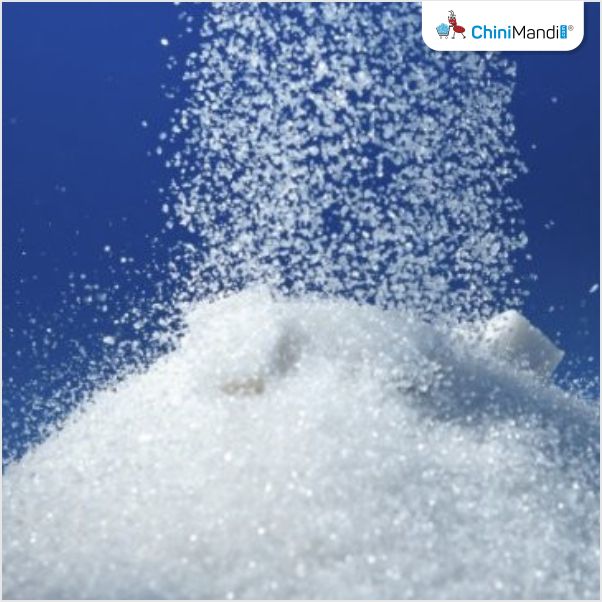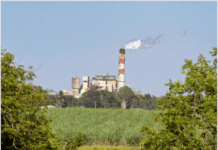Three potential investors have shown interest in exploring opportunities in the country’s sugar industry, with plans underway to establish a new milling plant in the Lowveld, potentially challenging the monopoly currently held by Tongaat Hulett, reported Chronicle.
The government is actively involved in facilitating the expansion of the sector, citing potential benefits such as improved quality, fair practices, and increased competition for the betterment of ordinary consumers.
Hippo Valley, a significant sugar producer in Zimbabwe and a subsidiary of Tongaat, currently contributes approximately 50 percent of the local sugar industry output. During the milling season, bagasse generated is utilized for electricity generation, producing up to 30 megawatts at optimal capacity.
Addressing the Senate on Thursday, outgoing Industry and Commerce Minister Dr Sithembiso Nyoni, who has transitioned to the Environment, Climate, and Wildlife portfolio, expressed the government’s commitment to attracting new investments in the sugar industry to foster its growth under ‘Zimbabwe’s Open for Business’ initiative. Dr Nyoni revealed that three potential investors have already expressed interest, with two of them having visited the Lowveld.
While withholding the names of the investors, Dr Nyoni highlighted the shared interest of investors and farmers in collaborating to establish a new sugar milling plant. Emphasizing the strategic importance of this move, she pointed out that it would reduce transport costs for farmers, particularly those in the Mkwasine area, who currently have to travel 50 kilometers to the nearest sugar mill. This would also ensure the timely delivery of sugar cane to the mill within 24 hours, preventing any loss of cane quality, and introduce healthy competition to Tongaat Hulett’s monopoly in sugar production.
Dr Nyoni informed that the ministry has referred the three investors to the Zimbabwe Investment and Development Authority (ZIDA) for consideration. She underlined the belief that the establishment of a new sugar milling plant, especially in the Mkwasine area, would effectively break the existing monopoly and introduce healthy competition to the industry.
Anticipating positive outcomes from the involvement of new investors, Dr Nyoni projected improvements in the quality of sugar products and a potential reduction in sugar prices for local consumers. She also noted that the influx of new companies would compete for employees with attractive remuneration packages, offering employment benefits to attract skilled talent, ultimately benefiting the economy.
The sugar industry has been identified as one of the top 10 value chains to drive the industrialization agenda in line with National Development Strategy 1 (NDS 1) objectives. The other prioritized value chains include dairy, cotton, leather, soya, fertilizer, pharmaceutical, bus and truck, iron and steel, and plastic waste. Dr Nyoni disclosed that the industry currently employs around 23,000 people, with the potential to increase to 25,000 people post the completion of the Kilimanjaro Sugar Project, where 1,000 hectares out of 4,000 hectares of land have been cleared for sugarcane production.
Dr Nyoni further mentioned that her ministry is in the process of developing a comprehensive Zimbabwe Sugar Sector Strategy, aimed at addressing issues affecting the value chain, including retooling or upgrading the two sugar mills, increasing yield per hectare, and boosting total sugar production.












